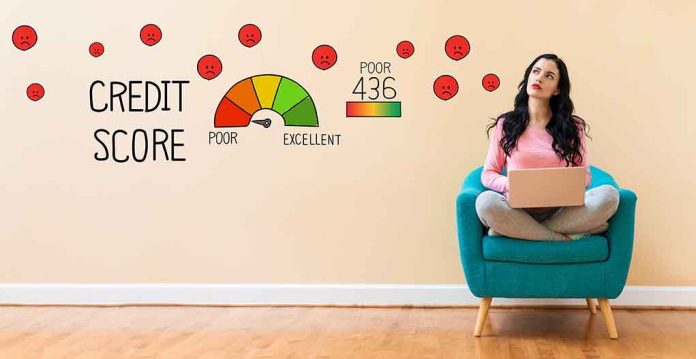
Ultimate 7 Step Program To Get Your Credit Back On Track
(IntegrityMag.com) – A poor credit score can cause you substantial life difficulties, particularly when the time comes to borrow money to buy residential property. There are many reasons why your score can end up lower than you’d like, and fixing the problem isn’t always easy.
However, there are specific steps you can take to address a poor credit score.
1. Pay Bills by Their Deadlines
Late bill payments can have a hugely detrimental effect on your credit score as your payment history comprises 35% of it. Keep track of larger, once-off bills carefully and record their due dates. Arrange autopay for more regular bills. Scheduling payments for the week after you get paid is generally a good idea.
2. Keep Your Old Credit Cards Active
Having a long credit history boosts your credit score, and having a number of open credit cards can help to facilitate this. However, if you pursue this strategy, you need to ensure your credit card provider doesn’t charge fees for leaving a card active.
3. Keep Your Use of Unnecessary Credit to a Minimum
Applying for credit can harm your credit score in a few ways. When your provider runs a hard credit check, it can lower your credit score. Also, new credit lowers the average age of your credit accounts; you want this number to remain as high as possible.
4. Check What’s Going On With Your Score
Your credit report contains information about your borrowing and repayment history over the last decade. You have three separate reports, one each from TransUnion, Equifax and Experian, the three main reporting agencies.
Running a soft credit check won’t affect your score, so you can do it as often as you’d like. Personal finance experts advise checking your credit score monthly.
5. Make Sure to Fix Mistakes
Many people fail to realize credit report bureaus make errors, which can be very costly for borrowers. If you come across any mistakes while you’re checking your reports, be sure to highlight them without delay.
6. Maintain a Favorable Credit Utilization Ratio
This statistic measures the ratio between your credit card debt and your overall credit card debt limit. Ideally, it should be under 30%. In other words, you should not owe more than 30% of your credit card debt limit at any given time.
7. Pay Down Outstanding Debts
One way to lower your credit utilization ratio is to pay down existing debts. Doing this will also improve your payment history. Start with highest-interest cards to tackle the accumulation of overwhelming rates, or choose the lowest debts first and pay off one card at a time.
So, there you have it. A low credit score can feel like an insurmountable obstacle, particularly when you need a loan for a significant purchase. Yet, there are steps you can take to make your credit rating more favorable.
Copyright 2022, IntegrityMag.com













